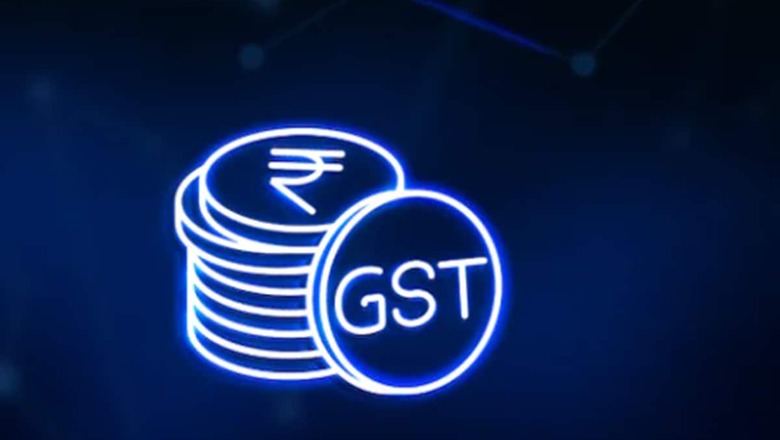
views
The last decade has witnessed an exponential rise in the start-up ecosystem in the country. While the COVID-19 outbreak and the effects of the lockdown in 2020 may have dented this ecosystem, the year 2021 registered a return on the growth trajectory. Today, the start-up ecosystem in India, which had started as a software-intensive hub, is now industry and location-agnostic and has expanded leaps and bounds across industries and service sectors.
This has been possible on account of various government initiatives, the availability of skilled workers, access to capital, and a supportive business environment. This has in turn led to a steady growth for the country in the ranks of ‘ease of doing business’.
Amongst the diversified government measures that encourage start-ups in India, GST is the most critical one as far as the indirect tax perspective is concerned.
While the compliances have been largely simplified vis- à-vis the erstwhile regime, the government (through the GST Council) has in recent times upped the ante on the administration and vigilance front through extensive use of technology to plug revenue leakages and to curb tax frauds.
In such a scenario, here are five things that start-ups should be mindful of, particularly in the early stages of doing business:
Thorough understanding of GST implications: GST levy is transaction-based and applicable even on one-time non-routine transactions including specified supplies not involving any consideration (like related party transactions). A thorough analysis must be undertaken to ascertain the GST implications including the applicable HSN Code / SAC along with discharging the tax appropriately thereon, to mitigate the risk of any dispute and ensuing interest and penal consequences.
Knowing the statutory requirements: Similarly, the relevant statutory compliances should be adhered to within the prescribed timelines, such as GSTR-1 (details of outward supplies), GSTR-3B (summary return), GSTR-9 (annual return), GSTR-9C (reconciliation statement), e-invoicing (i.e. IRN & QR Code on invoices), e-way bills (for transportation of goods), Letter of Undertaking (LUT) for exports without payment of GST, display of GST registration certificate and GSTIN at appropriate place in the office premises, and allied compliances. The use of appropriate technology/tools will enable to mitigate any errors that may certainly help keep any non-compliances at bay.
Vendor evaluation and proper ITC availment: The government has tightened the conditions for claiming input tax credit (ITC) over the past six years. This involves availing of credit only to the extent of transactions disclosed by the suppliers in their GSTR-1s and in turn reflecting in GSTR-2B of the purchaser. To add to this, we have seen recent judicial pronouncements upholding the disallowance of ITC to the purchaser where the supplier has failed to pay the corresponding tax to the exchequer.
Hence, it has become imperative to evaluate the KYC and compliance records (GST returns and e-invoicing) of the vendors before onboarding them and to have relevant safeguards in place in case of any dispute raised by the GST authorities in the future. Similarly, the ITC availment should align with the prescribed conditions and procedures and periodic reconciliations should be carried out to avoid any mismatch notice/intimation from the tax authorities.
Robust accounting mechanism: A robust accounting system is the heart of any business. A suitable ERP system should be implemented, and competent manpower should be hired who shall ensure synchronisation between books and GST returns (vis-à-vis other tax laws) to avoid any non-compliance.
Periodic review/health check: As the business operations grow and the volumes increase, it would only be prudent to periodically review the positions adopted and compliances undertaken to see that there is no inadvertent non-compliance.
It is often seen that in the start-up ecosystem, particularly in the nascent stages, ‘tax’ is not at the forefront of the management. However, having –
(i) Standard Operating Procedures (SOPs) with necessary checks in place, (ii) basic knowledge of the law and appropriate partners to support in various tax matters, and (iii) competent in-house manpower coupled with relevant technology, would certainly alleviate the possibility of tax anomalies and inconsistencies for any start-up.
– Chhabria is Director, Indirect Tax and Nadkarni is Senior Manager, Indirect Tax at Nexdigm. Views expressed are personal.













Comments
0 comment